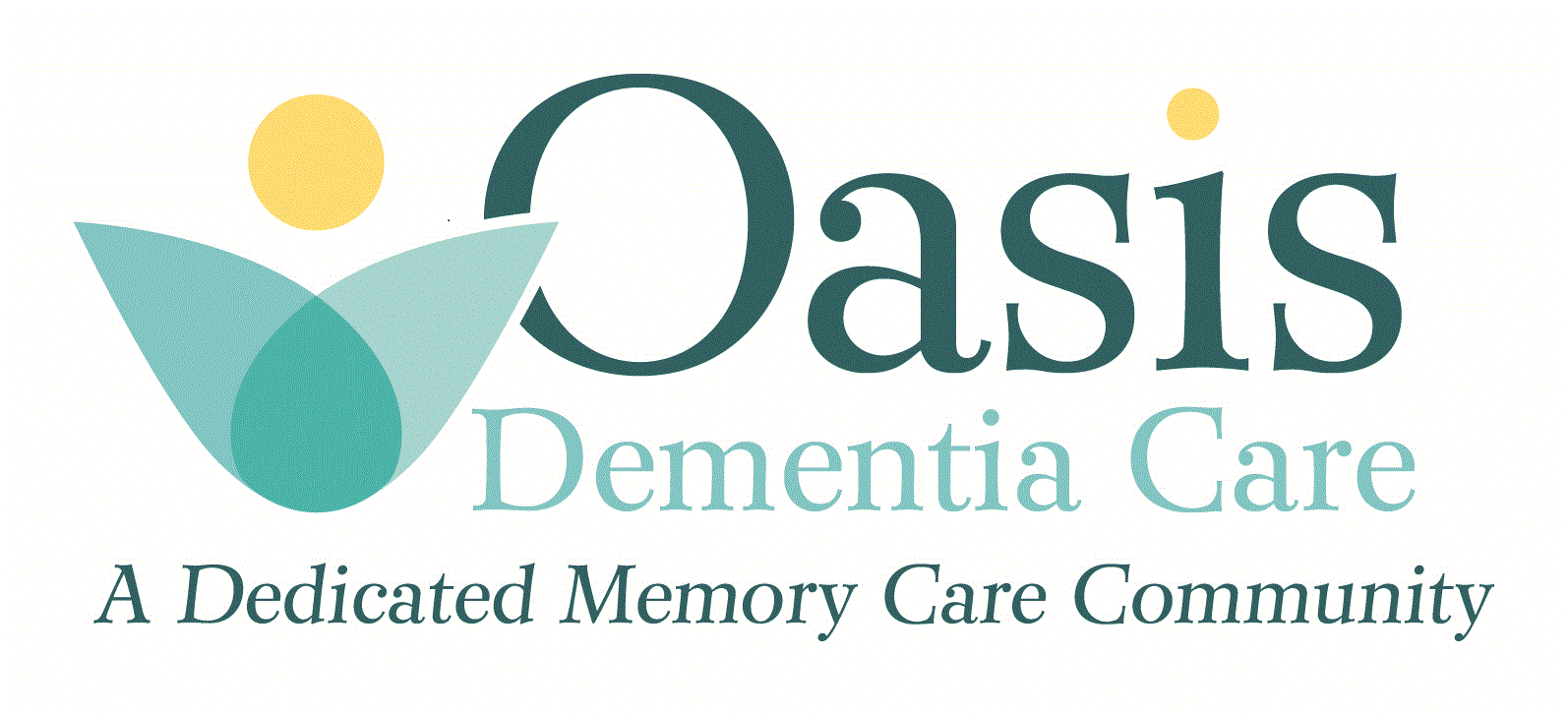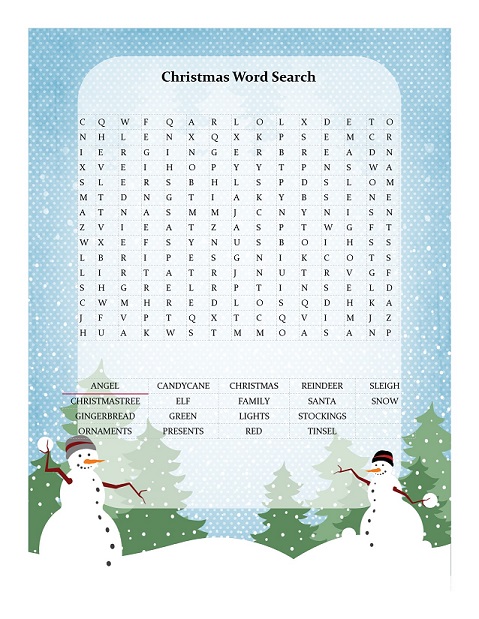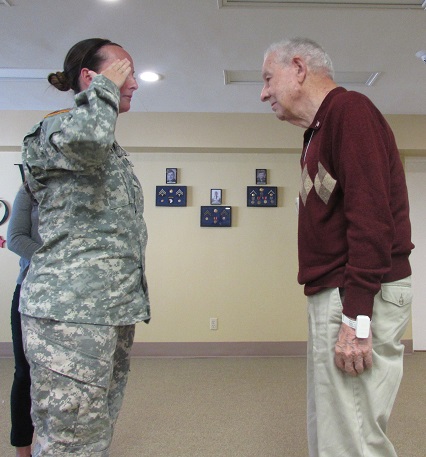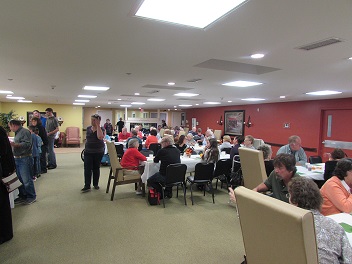  Alzheimer's Patients Hopes of Treatment In last month’s issue of our Newsletter we discussed facts about Dementia and Alzheimer’s. The number of Americans living with Alzheimer's disease is growing — and growing fast. An estimated 5.4 million Americans of all ages have Alzheimer's disease in 2016. Alzheimer's disease is officially listed as the sixth-leading cause of death in the United States, and is the only disease among the top 10 causes of death in America that cannot be prevented, cured or even slowed. On November 23, 2016 all hopes for a treatment strategy in the near future for individuals living with Alzheimer’s was extinguished. A highly anticipated drug called solanezumab did not slow the progress of Alzheimer's in a late-stage clinical trial, making it the latest disappointment in a long line of products that have been unable to treat the destructive disease. Solanezumab (pronounced sol-ah-NAYZ-uh-mab) is delivered intravenously and binds to the amyloid protein to clear it from the brain before it clumps together forming plaques. Alzheimer's drugs have a failure rate of more than 99 percent. That includes solanezumab, which also failed in two previous large studies of people with mild-to-moderate forms of Alzheimer's. Lilly's latest trial sought to show that solanezumab could slow the cognitive decline in patients with mild cases of the disease — people who have lost some memory but otherwise could handle daily tasks. Alzheimer's is a degenerative, fatal disease that impairs memory and thought. It is characterized by the buildup in the brain of a protein called amyloid beta that clumps together to form sticky plaques between nerve cells. Some researchers think the proteins trigger Alzheimer’s before they form the plaques, but they aren’t certain yet whether those proteins or the plaques are a cause of the disease or just a symptom. Other companies, including Biogen Inc. and Merck & Co. Inc., are testing drugs similar to solanezumab in an attempt to remove the protein. As of today, the only theory to show promising results when researched is, enriched engagement. Research has shown engagment to possibly slow down the progression of the disease.
Alzheimer's Care 14 Holiday Communication Tips for Caregivers and Families
Alzheimer's and dementia care are difficult during the Holidays. The big question - Should you take your loved one living with dementia to Holiday celebrations outside the home? Memory care expert Dr. Rita A. Jablonski-Jaudon says yes Alzheimer's care can be difficult during the Holidays, here are 14 communication tips that might help. By Rita A. Jablonski-Jaudon This week marks the beginning of the holiday season — and the beginning of the onslaught of telephone messages from families, asking me the same question — Should Mom or Dad living with dementia attend celebrations during the Holidays? My answer is yes 1. The 2. On the other hand, if the visit becomes anxiety-provoking, those negative feelings can persist for hours after the memory fades, o. I provide some strategies for making the event pleasant for both the deeply forgetfutol family member and for the family members. family member with dementia may not remember the event. But the good feelings from hugs and positive family interactions will last for hours, even after the memory fades. 3. Please let the out-of-town relatives know about the deeply forgetful person’s condition. “Mom’s memory is a lot worse than the last time you saw her.” 4. Remind family members to offer prompts when introducing themselves to the deeply forgetful person. That means NO QUIZZING!! Instead, approach the deeply forgetful person and say, “Hi, Nana. It’s me, Rita. Bud’s daughter. And this is my husband, Randy, and our kids.” The deeply forgetful person may laugh and say, “Of course I know who you are.” That is great. But if the deeply forgetful person draws a blank, the introductions help to provide orientation and context. 5. The deeply forgetful person may call a younger relative by the wrong name. This is an opportunity for you to show the younger relatives pictures from a decade or two ago, and notice how much family similarity is shared by the members. My mom has a picture of herself from 30 years ago tacked on her fridge. My nieces and nephews always want to know why Aunt Rita is in the old picture—turns out that my mom and I looked nearly identical when we were both in our 40s. My mom is beautiful and age 75, so fingers crossed! 6. It may help if a familiar family member stays nearby the deeply forgetful person to act as a companion and to make sure that Nana is enjoying herself. The host cannot do this, because the host is busy with their own responsibilities. Too often, the deeply forgetful person is placed in the center of activities and conversation, and this can be a problem. Many people with dementia, especially at the later stages, cannot pick and choose which stimuli to pay attention to and which stimuli to ignore. As a result, all conversations and sounds run together and become overwhelming. 7. The companion point person can also use gentle touch and hugs to reassure Nana. When my mother-in-law would become upset or agitated, I would sit next to her and hold her hand. She calmed down immediately. Sometimes I just rubbed her upper back or shoulder. 8. Keep the TVs turned off. The big screen, high density television screens can trigger agitation because of the realness of the depiction. I’ve had persons with dementia become very agitated if a crime show or scary movie was playing in the background. Constant news shows may also create problems. One of the psychiatrists I work with had a bad experience with older veterans who had undiagnosed PTSD. The nursing home would play old war movies, which were triggering the PTSD and causing an upswing in problematic behavior. 9. If everyone is sitting down to a big meal, place the deeply forgetful person near the end of the table (not the middle) and next to a companion “point person” who can help with prompts if Nana seems confused: “Here’s the cranberry sauce. Would you like some?” If Nana nods, the companion relative goes into host-mode and serves the food by placing it on Nana’s plate. If dinner is buffet-style, the companion “point person” can escort Nana to the buffet table and help her select food items, then makes sure Nana sits somewhere that is well-lighted and not as loud and busy as other parts in the house. 10. Sometimes, the deeply forgetful person may become upset because she or he needs to use the bathroom and is embarrassed because he or she does not know where it is. The companion “point person” can handle the bathroom issue a variety of ways. My favorite way with my mother-in-law was simply to tell her, “I have to go to the restroom. Do you?” She usually nodded “yes” and looked relieved, because she hated to ask for people to take her. Mary didn’t want to bother anyone. By me letting her know that I was headed in that direction, Mary felt comfortable going along with me. But it is important that the companion relative check with the deeply forgetful person every couple of hours to avoid any accidents or embarrassment. 11. Boredom may precipitate anxiety and the request to go home. This is an opportunity to have the deeply forgetful person, whose long-term memories may be pristine, relate family history and anecdotes. This may also be a great opportunity for the younger relatives to record the family history and stories using an iPhone or iPad. Not only are you capturing memories, you are also capturing family history that may become lost. Have a shoebox of loose family pictures? Have the deeply forgetful person sift through the pictures and talk about them. Even though Nana cannot recall what she did 5 minutes ago, she may be able to describe the people in the picture and the events captured in the picture. 12. Music is a wonderful memory aid. Traditional holiday music may help with reminiscence and trigger good feelings. Pay attention, though, to the volume of the music and if it is becoming problematic. 13. Families who want to include the person with dementia are not being selfish, they are being inclusive. They do need to balance the needs of the deeply forgetful person with the holiday activities. 14. Part of this is experiencing the holiday through what Bob calls “Alzheimers World.” This means no arguing or using logic. If Granddad insists he did not have any Thanksgiving dinner, do not tell him he had 3 servings of turkey. Simply smile and say, “OK, it will be ready in a little while.” If Grandma forgot that she just had 2 glasses of wine, substitute the 3rd glass with grape juice or offer some pie instead. These are just a few suggestions. The family members with whom I work with are highly creative and often come up with some novel “Dementia Adjustments.” Happy Holiday’s to all family caregivers and their deeply forgetful loved ones. Rita Jablonski-Jaudon, PhD, CRNP, FAAN is an internationally recognized researcher and expert on non-drug ways to handle dementia-related behaviors. She is an Associate Professor at the School of Nursing at the University of Alabama at Birmingham and a nurse practitioner in The Memory Disorders Clinic at the Kirklin Clinic, UABMC, Birmingham, Alabama. You can contact Rita or ask her a caregiver question at this email address - rjablonski@uabmc.edu Information found on Alzheimers Reading Room
Join Us for Brunch with Santa
 Please join us, and invite your families to our Santa Brunch;
December 17th
Brunch startes promptly @ 10:30am
Engagment Activity
 |
Local Lifestyles |
In Our Community |
|
|
|










.jpg)
